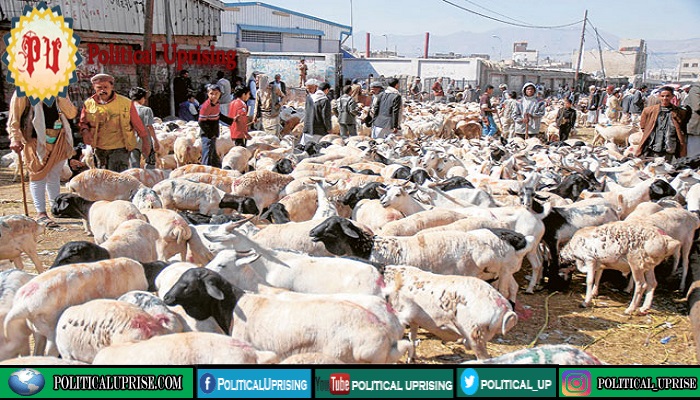Saudi Arabia stringent health rules are observed for sacrificial animals to ensure their safety, state agency in charge of the annual ritual has said.
The Saudi Project for Utilisation of Hajj Meat has added that veterinary checking of those animals is conducted before their arrival in Saudi Arabia in compliance with the veterinary quarantine law in force in the six nations of the Gulf Cooperation Council.
All sacrificial animals are overseen by the branch of the Saudi Ministry of Environment, Water and Agriculture in the holy city of Mecca starting from the country of origin through their quarantine at the Jeddah port until they are allowed into importers’ sheds, the agency said.
Saudi Arabia announces first phase of Red Sea project
Those animals are also subjected to comprehensive examinations before they are cleared for the ritual slaughtering. They are examined again in the abattoirs for health reasons and to ensure they comply with the conditions set by the Islamic Sharia law for sacrificial animals.
“After the slaughtering process, the internal parts of the animals are examined by vets before their meat is stored in refrigerators,” the agency said. Before distributing the meat to the poor around the world, Saudi authorities take necessary measures to ensure its safety during the loading operation and compliance with hygiene rules.
The agency urged caution in shopping for sacrificial animals and shunning unlicensed farms that do not observe health rules. The project called for making use of the adahi services offered by the Saudi government through the website www.adahi.org.
Shura Council of Saudi Arabia to debate changes in sexual harassment laws
During Eid Al Adha (Feast of Sacrifice), Muslims, who can afford it, sacrifice animals such as sheep, goats, camels and cows, honouring the Prophet Ebrahim’s willingness to slay his son Ismael at Allah’s command. As the Prophet Ebrahim and Ismael showed unwavering obedience to the divine order, Allah sent a ram slaughtered in the son’s stead.
The animal sacrifice ritual happens during the four days of Eid Al-Adha, which is expected this year to start on July 31.



